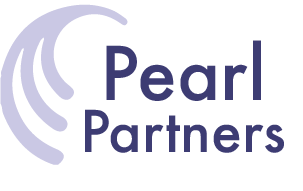I have repeatedly heard the word insight as something to be observed, as in "We observed several insights on that consumer interview."
There are several entries in dictionary.com for the word insight. In different ways, they all describe insight as an understanding of the true motivational forces that drive actions, define underlying truths, shed light on, or help to solve a problem. Assuming that is true, insights cannot be observed directly; they need to be inferred or derived by thinking critically about the observations we make.
The word insight, as it is applied to consumer research, is increasingly misrepresented. Observing behaviors and describing them is a fairly straightforward exercise, and many people can easily do this. Deriving insights requires the ability to observe, infer why the observation occurred, formulate a theory, test the hypothesis against multiple data sources, and construct an argument that will prove that the conclusion is valid. A smaller subset of people who possess a specific aptitude and attitude are best suited to do this.
Almost everyone, however, has the ability to understand the difference between an observation and an insight. Mistaking them is understandable for most, but if you use consumer insights to inform your work, please make sure you know the difference.

I also suspect that as well as those skills you mention, the ability to form an insight requires an ability/willingness (and I’m not sure of the right word because I think it is both a skill an attitude) ot be surprised.
All to often, we go in and find exactly what we expect – which is not a verry powerful insight at all…
Matt I agree. Too many people have decided what they want to find before they start. Makes me think of the Pasteur quote Chance favors the prepared mind. the willingness to be surprised is a good way to prepare the mind.
Hell yeah! I’m going to big up Johnnie Moore’s stuff around noticing here: http://www.johnniemoore.com/blog/archives/002199.php
Great post on slowing down to notice. A very overlooked way to prepare the mind! Thanks!!
This is the best definition of deriving insights that I have ever seen. Thank you for sharing, and putting a communicable definition onto a meme that is often misrepresented, misinterpreted, and misunderstood.